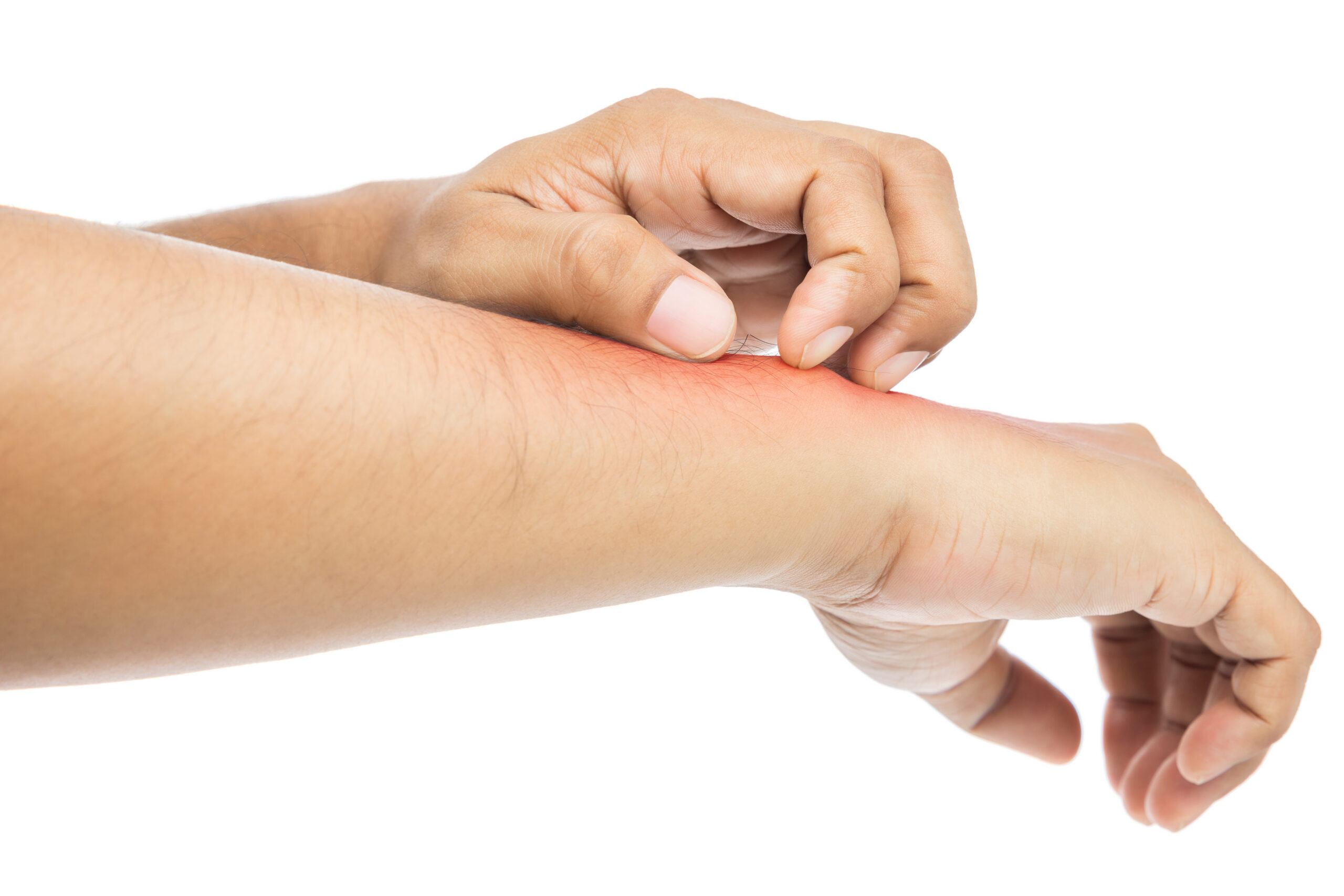Excoriation disorder, also known as skin-picking disorder or dermatillomania, is a mental health condition characterized by repetitive and compulsive skin picking, often resulting in physical damage and emotional distress. Though less commonly discussed than other mental health conditions, excoriation disorder can significantly impact an individual’s quality of life. At PMHC, we are dedicated to providing education and support for those struggling with this condition and guiding them toward effective treatment options.
What is Excoriation Disorder?
Excoriation disorder is classified as a body-focused repetitive behavior (BFRB) in the Diagnostic and Statistical Manual of Mental Disorders (DSM-5). Individuals with this condition pick at their skin to the point of causing injuries such as sores, scabs, or scars. Commonly targeted areas include the face, arms, hands, and scalp, though any area of the body can be affected.
While occasional skin picking can be a normal behavior, excoriation disorder is distinguished by its compulsive nature and the physical and emotional harm it causes.
Symptoms of Excoriation Disorder
Symptoms of excoriation disorder can vary but often include:
- Recurrent picking at the skin that results in sores, scabs, or scars.
- Inability to stop or reduce skin-picking behavior despite repeated attempts.
- Significant time spent picking, often leading to disruptions in daily activities.
- Feelings of shame, embarrassment, or frustration due to the behavior and its visible effects.
- Avoidance of social situations or activities to hide skin damage.
Excoriation disorder is often linked to heightened anxiety, stress, or other emotional triggers.
What Causes Excoriation Disorder?
The exact cause of excoriation disorder is not fully understood, but research suggests that a combination of biological, psychological, and environmental factors may contribute to its development:
- Neurological Factors: Dysfunction in brain regions associated with impulse control and emotional regulation may play a role.
- Genetic Predisposition: A family history of body-focused repetitive behaviors, such as trichotillomania (hair-pulling disorder), can increase the likelihood of developing excoriation disorder.
- Emotional Triggers: Stress, anxiety, and depression are common triggers, with skin-picking often serving as a coping mechanism for emotional distress.
- Perfectionism or Hyperfocus: Some individuals feel compelled to remove perceived imperfections, such as blemishes or scabs.
How is Excoriation Disorder Treated?
While excoriation disorder can be challenging to manage, effective treatments are available to help individuals reduce skin-picking behavior and address underlying triggers.
1. Cognitive Behavioral Therapy (CBT)
CBT is one of the most effective treatments for excoriation disorder. It helps individuals identify and change thought patterns and behaviors that contribute to skin picking.
2. Habit Reversal Training (HRT)
HRT is a behavioral technique that teaches individuals to recognize triggers and replace skin-picking with healthier alternative actions.
3. Medication
Selective serotonin reuptake inhibitors (SSRIs) or other medications may be prescribed to address underlying anxiety, depression, or obsessive-compulsive symptoms that exacerbate the behavior.
4. Mindfulness and Stress Reduction
Mindfulness practices and stress-reduction techniques can help individuals manage emotional triggers and reduce the urge to pick.
How PMHC Can Help
At PMHC, we understand the physical and emotional toll of excoriation disorder. Our team of experienced mental health professionals provides comprehensive care tailored to each individual’s needs. Through therapy, medication management, and personalized support, we help individuals regain control over their behavior and improve their quality of life.
If you or a loved one is struggling with excoriation disorder, contact PMHC in Philadelphia today. With the right treatment and support, recovery is possible.

